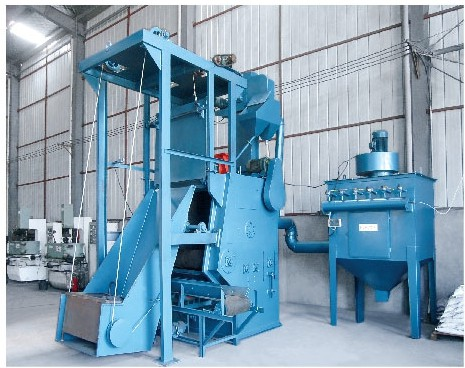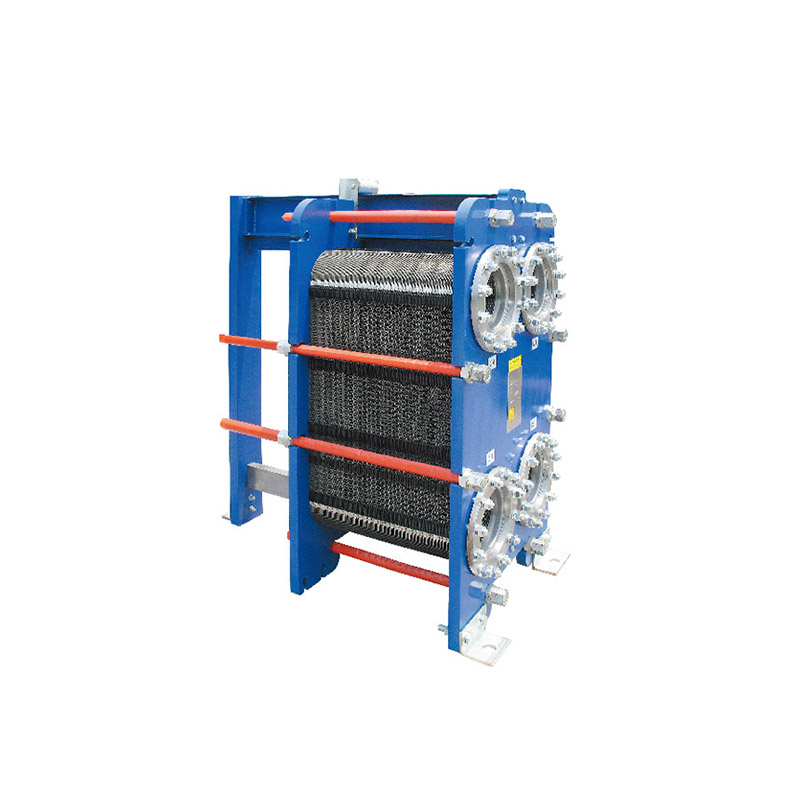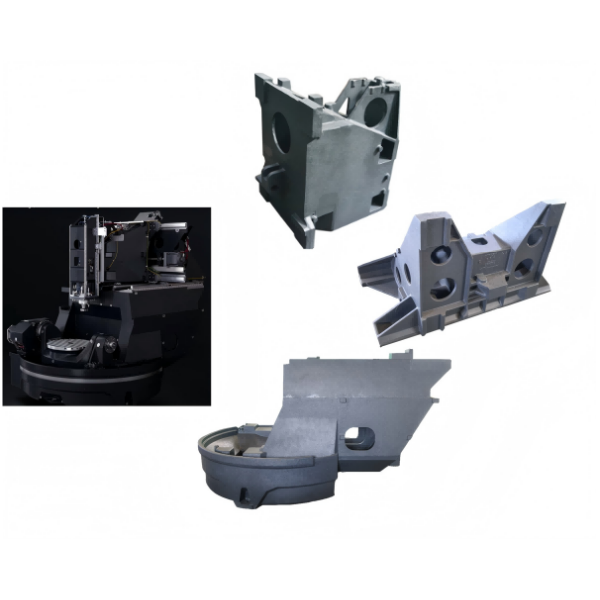In recent years, the allure of living in a camper full-time has captured the imagination of many. The idea of traveling freely, exploring new landscapes, and simplifying life resonates with a growing number of individuals seeking adventure and a break from the conventional. However, the question remains: how hard is it to live in a camper full-time? This article delves into the multifaceted challenges and rewards of this lifestyle, providing a comprehensive overview for those considering this significant transition.
Understanding the Full-Time Camper Lifestyle
Living in a camper full-time is not merely about having a mobile home; it represents a profound lifestyle change. It requires a shift in mindset, a willingness to adapt, and a commitment to embracing both the joys and challenges that come with nomadic living.
The Appeal of Full-Time Camper Living
- Freedom and Flexibility: One of the most significant draws of living in a camper is the freedom to travel wherever you desire. This lifestyle allows individuals to explore national parks, scenic routes, and hidden gems across the country without the constraints of traditional living.
- Minimalism and Simplification: Full-time campers often embrace a minimalist lifestyle, shedding unnecessary possessions and focusing on experiences rather than material goods. This simplification can lead to a more fulfilling life, free from the clutter and distractions of modern living.
- Community and Connection: The camper community is vibrant and welcoming. Many full-time campers find camaraderie among fellow travelers, sharing tips, experiences, and even forming lasting friendships along the way.
The Challenges of Full-Time Living in a Camper
While the lifestyle may seem idyllic, it is essential to consider the challenges that come with full-time camper living.
- Space Constraints
Living in a camper means adapting to limited space. This can be particularly challenging for those accustomed to larger homes. Organizing belongings efficiently and making the most of every inch of space is crucial. Additionally, the lack of personal space can lead to feelings of confinement, especially for couples or families.
- Maintenance and Repairs
Owning a camper requires regular maintenance and occasional repairs. From routine checks on the plumbing and electrical systems to addressing wear and tear from travel, the responsibility of upkeep can be daunting. Understanding basic maintenance skills or having a reliable mechanic is essential for a smooth experience.
- Financial Considerations
While living in a camper can reduce housing costs, it is not without its financial implications. Initial costs for purchasing a camper, insurance, and maintenance can add up. Additionally, budgeting for fuel, campground fees, and unexpected repairs is vital. Many full-time campers find ways to supplement their income through remote work or seasonal jobs, but this requires careful planning and flexibility.
- Lifestyle Adjustments
Transitioning to a full-time camper lifestyle often necessitates significant lifestyle adjustments. Access to amenities such as running water, electricity, and internet can vary greatly depending on location. Campers must adapt to living off-grid or in campgrounds with limited facilities, which can be challenging for those used to the conveniences of modern living.
Practical Tips for a Successful Transition
For those considering the leap into full-time camper living, here are some practical tips to ease the transition:
- Research and Plan: Before hitting the road, conduct thorough research on different camper types, travel routes, and camping locations. Planning your journey can help mitigate some of the uncertainties associated with full-time living.
- Downsize Gradually: Begin the process of decluttering your belongings well before your transition. This will not only make the move easier but also help you identify what is truly essential for your new lifestyle.
- Invest in Quality Gear: Ensure that your camper is equipped with reliable appliances and systems. Investing in quality gear can save you time and money on repairs down the line.
- Connect with the Community: Join online forums or social media groups dedicated to full-time campers. These communities can provide invaluable support, advice, and camaraderie as you navigate your new lifestyle.
- Stay Flexible: Embrace the unpredictability of life on the road. Flexibility is key to enjoying the journey and overcoming challenges as they arise.
Conclusion
Living in a camper full-time is a rewarding yet challenging lifestyle choice. It offers unparalleled freedom and the opportunity to connect with nature and fellow travelers. However, it also requires careful planning, adaptability, and a willingness to face the realities of limited space and maintenance responsibilities. By understanding both the challenges and rewards, aspiring full-time campers can make informed decisions and embark on a fulfilling nomadic journey. Whether you seek adventure, simplicity, or a deeper connection with the world around you, the camper lifestyle may just be the path you’ve been searching for.








+ There are no comments
Add yours